
4 types of "pesticide-free" fruits and vegetables that are as nutritious as ginseng
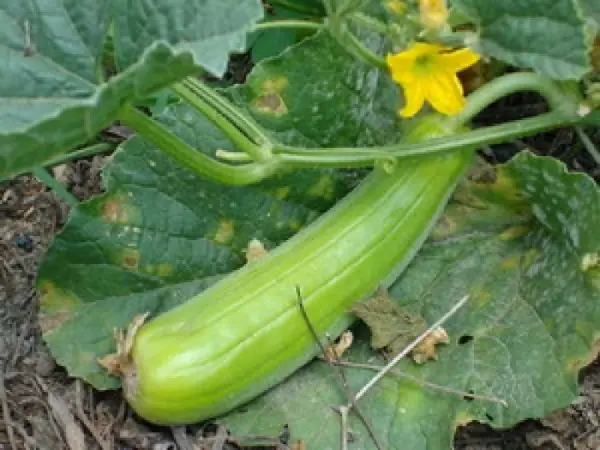
In modern agriculture, the use of pesticides has become commonplace. However, excessive use of these chemicals not only causes serious environmental consequences but also raises alarming food safety concerns—especially pesticide residues on fruits and vegetables, which consumers are increasingly wary of.
In reality, many farmers know that certain types of vegetables and fruits are not only easy to grow but also rarely affected by pests, requiring little to no use of plant protection chemicals. Thanks to these advantages, such crops are gaining popularity among consumers for being naturally grown and safer from harmful chemical residues.
1. Luffa (Sponge Gourd): Easy to Grow, Nutrient-Rich
From the stem and leaves to the fruit, nearly every part of the luffa plant can be used as food. Luffa is a common ingredient in everyday meals and is also recognized for its therapeutic value. Its skin is soft, mildly fragrant, and pleasant to eat. This plant is very easy to grow, needing minimal care and no advanced techniques.
In rural areas, people often grow luffa the traditional way—by simply planting a few seeds near a wall, fence, or a corner of the yard. Once summer arrives and the weather warms up, luffa grows rapidly with just basic watering and fertilizing. Throughout its growth cycle, it rarely suffers from major pest problems, making pesticide use nearly unnecessary.
2. Winter Melon: Cooling, Diuretic, and Low-Calorie
Winter melon is notable for being fat-free and very low in sugar. It contains succinic acid, which helps prevent sugar from converting into fat, supports diuresis, and reduces swelling. As such, it’s a favorite among those managing their weight or following a diet.
This plant tolerates heat well, adapts quickly to its environment, and has a strong root system capable of drawing water efficiently. Its durability even makes it a preferred rootstock for grafting watermelon. Winter melon naturally resists pests, so farmers rarely need to apply pesticides during cultivation.
3. Pumpkin: Rich in Fiber, Supports Digestion
Pumpkin, also known as squash, is high in fiber, promoting bowel movement and aiding digestion. Beyond its culinary use, pumpkin is also found in various health and beauty products due to its rich nutritional profile.
Pumpkin plants are drought-tolerant, adaptable to various soil types, and easy to grow. Once seedlings are established, they only require proper watering and fertilizing. For better yields, farmers may build trellises, helping the plant grow more healthily and reducing pest exposure. Under these favorable conditions, pesticide use is typically unnecessary.
4. Snake Gourd: Unique Appearance, Naturally Clean, Nutrient-Dense
Snake gourd is known for its long, curved shape resembling a snake, with skin that can be white, green, gray, or even striped. It’s easy to grow, well-suited to many soil types, and commonly cultivated in rural areas.
Besides being ornamental, snake gourd is valued for its ability to cool the body, soothe the lungs, aid urination, and support digestion. It’s highly resistant to pests, so growers almost never need pesticides, making it an excellent choice for those seeking clean, healthy food.
Conclusion
With growing concerns about pesticide residues in food, choosing naturally pest-resistant and easy-to-grow crops like luffa, winter melon, pumpkin, and snake gourd offers a safe and practical solution. These vegetables not only help safeguard the health of you and your family but also demonstrate that “clean eating” doesn’t have to be expensive or complicated—it can start with simply choosing the right plants from nature.
News in the same category

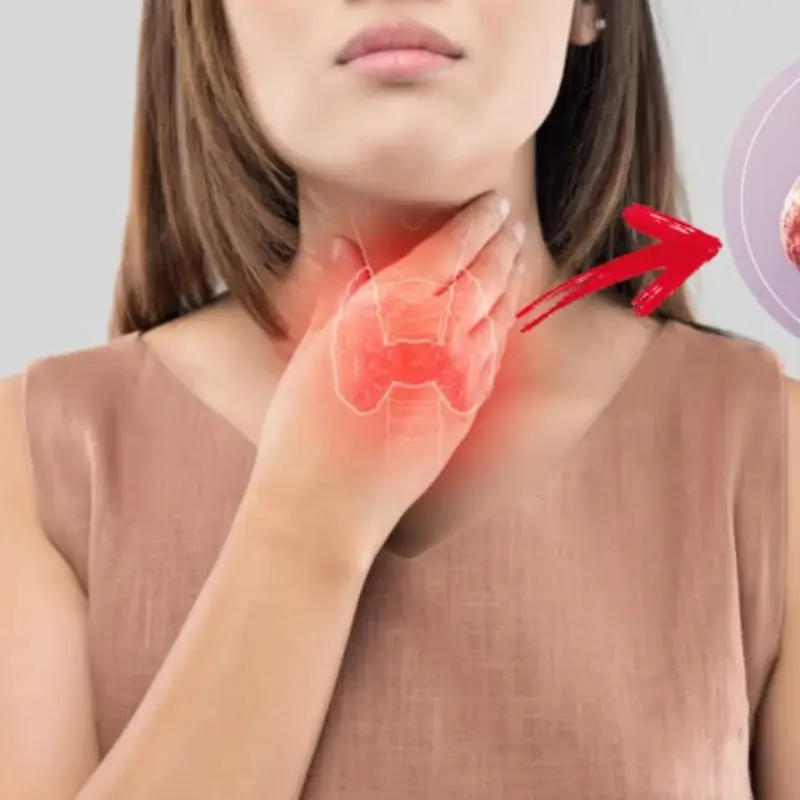
Thy.roid Can.cer Is a Silent Threat: 6 Groups of People Are at Higher Risk and Must Be Cautious
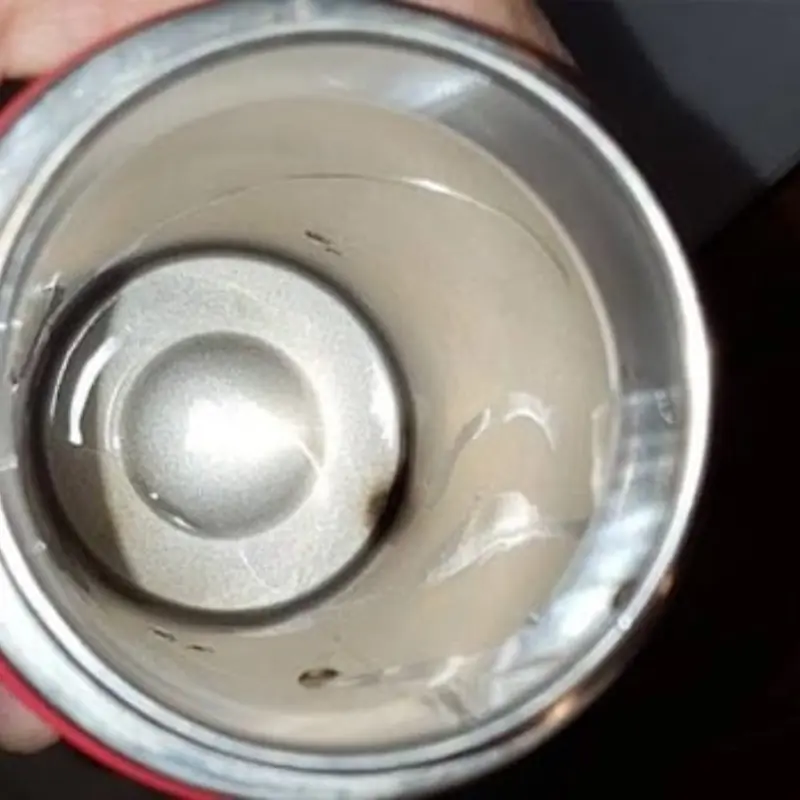
Warning: The Cup Many People Use to Drink Water Every Day Is No Different from “Drinking Poison”
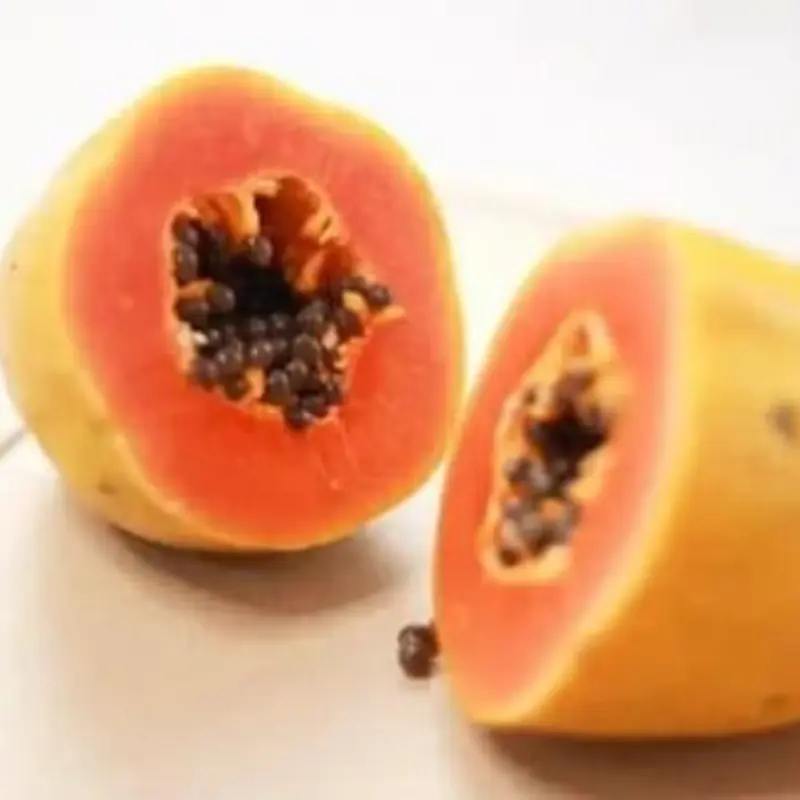
Eat These 5 Foods to Cleanse and Detox Effectively Every Day

5 earliest signs of cer.vical can.cer: 90% of women tend to ignore them

Women Who Frequently Eat These 5 Foods May Be Harming Their Uterus and Feeding Cancer Cells Without Knowing It
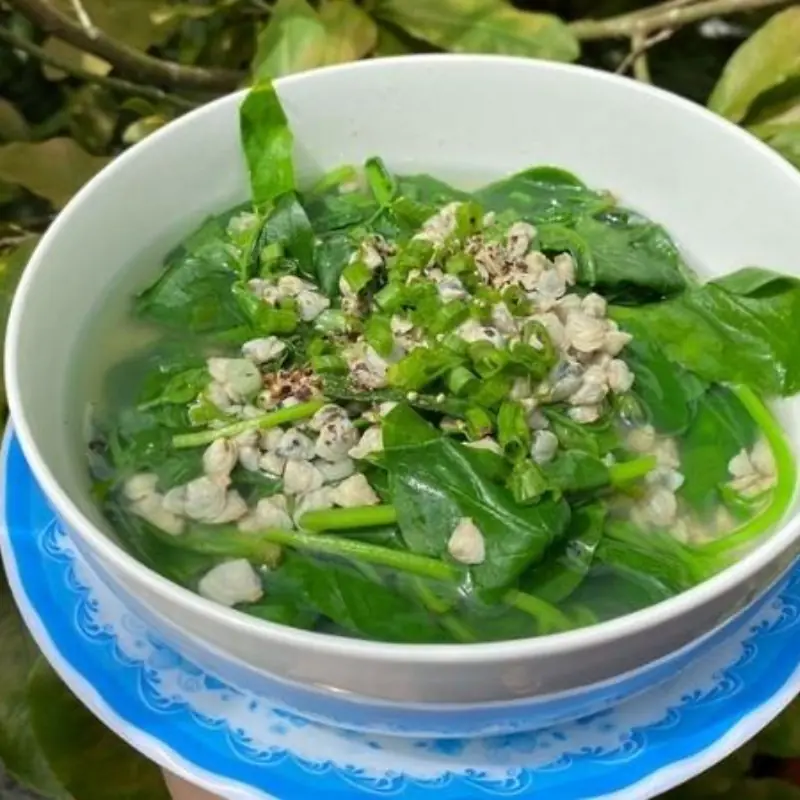
3 Calcium-Rich Vegetables That Are Almost Pesticide-Free

Why do 99% of cats sleep on their left side?
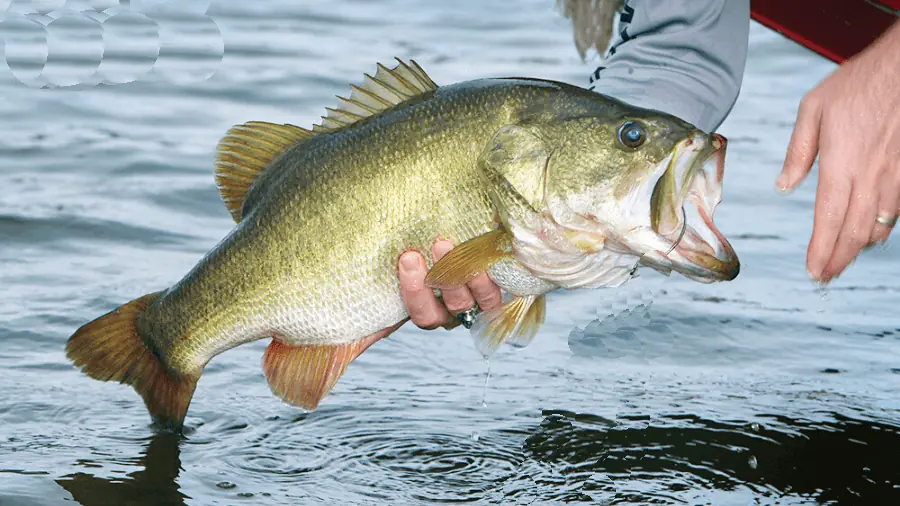
Sweet fish with few bones, better than salmon, delicious like rare fish: Whenever you see it at the market, you have to buy it immediately
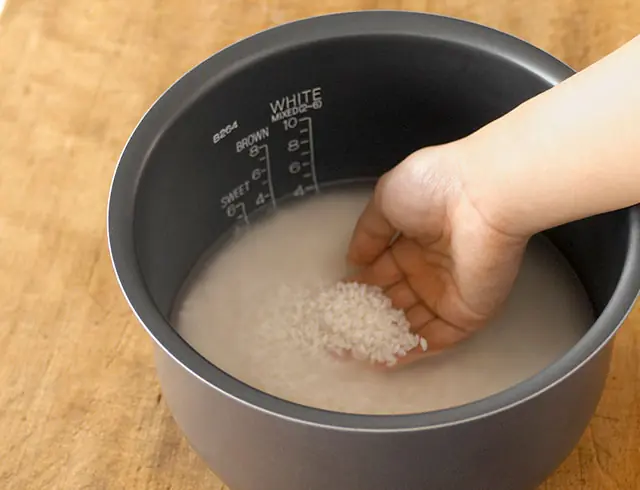
3 mistakes when washing rice that many people make because of "convenience" that poi.son the whole family
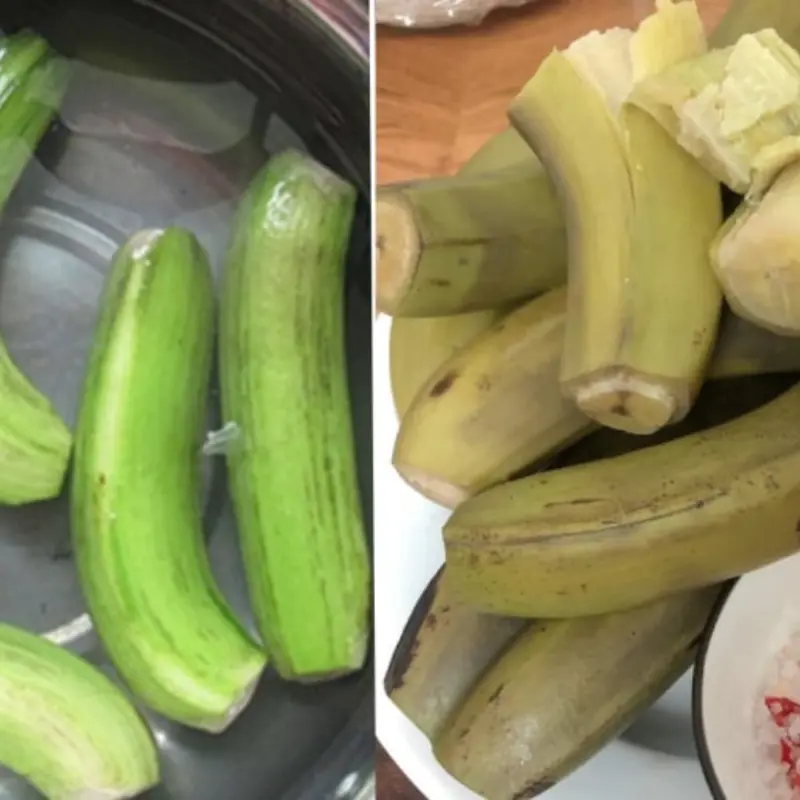
Eating Boiled Green Bananas Regularly Offers 6 Amazing Benefits
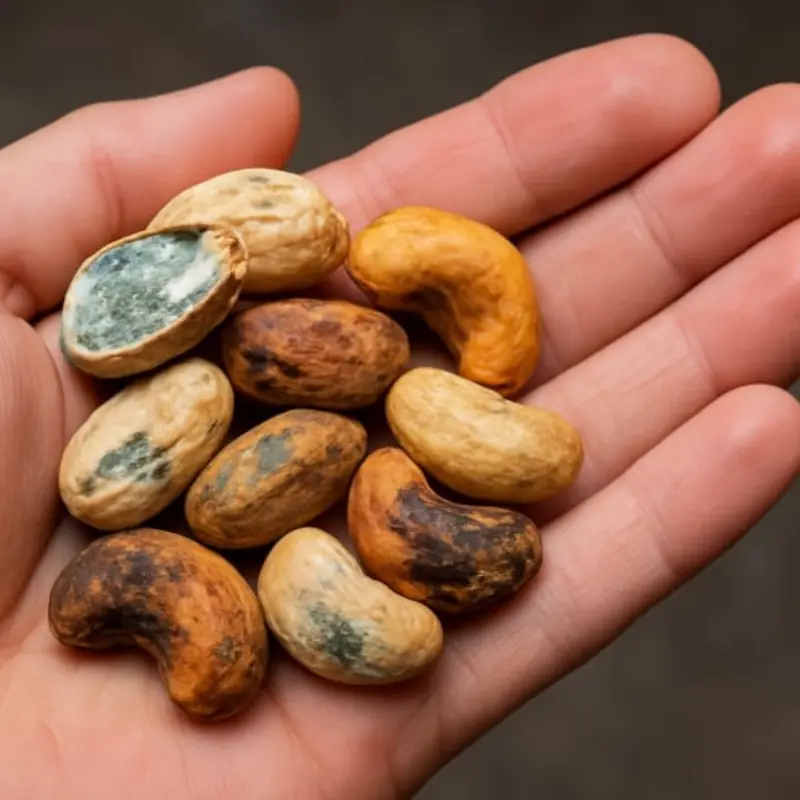
4 Types of Nuts That Seem Healthy but Are Actually Toxic
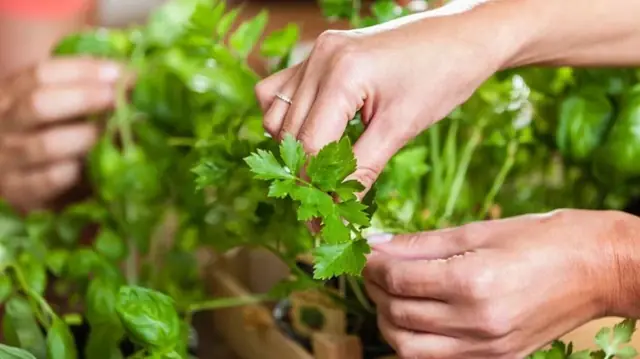
4 types of vegetables are full of parasites but many people still eat them raw every day
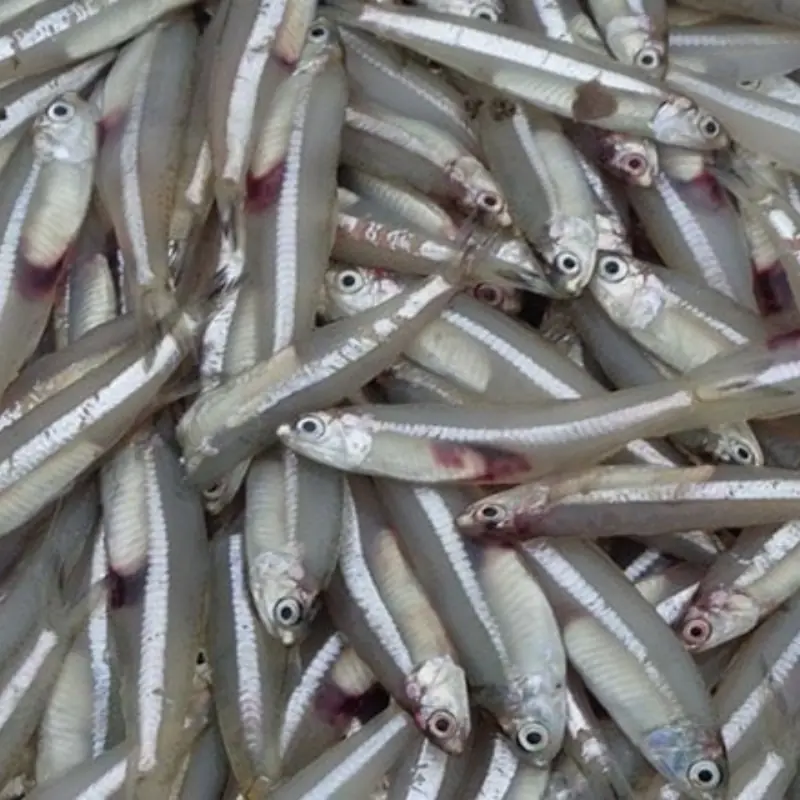
If You See These 7 Types of Fish at the Market, Buy Them Immediately
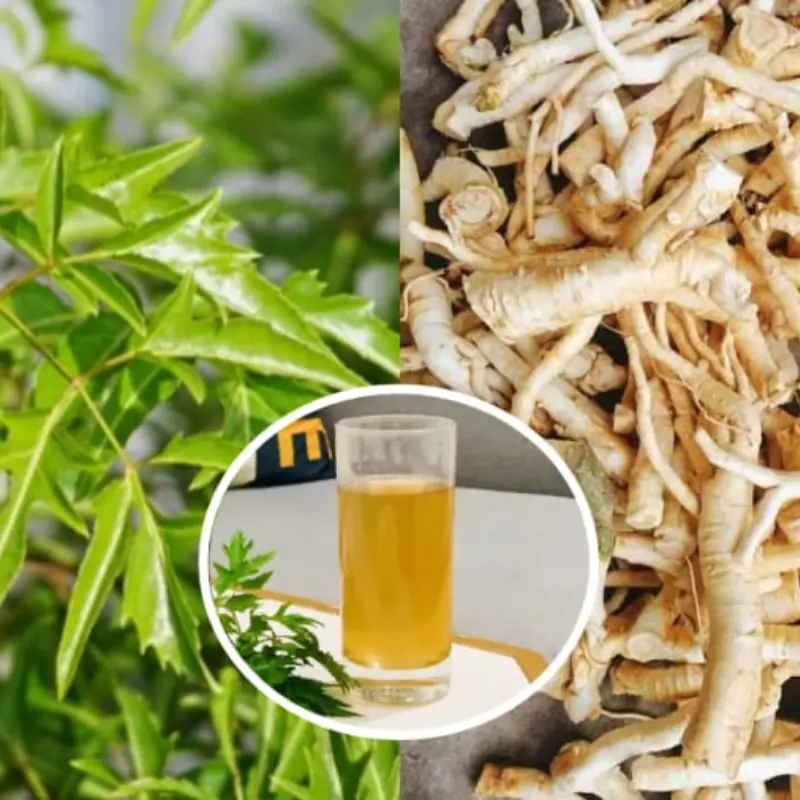
The Benefits of Polyscias Root Water: 3 Groups of People Should Avoid It

The More You Eat These 5 Types of Food, the More Hair You Lose
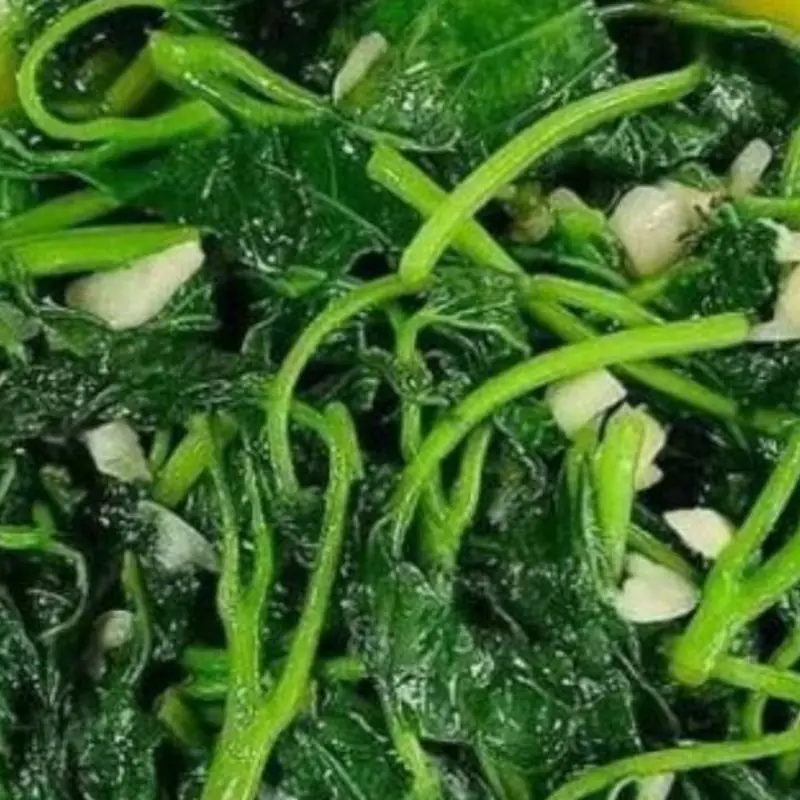
The 'Golden' Food That Effectively Fights Can.cer

To Prevent Hair Loss and Stimulate Hair Growth, Avoid These Habits
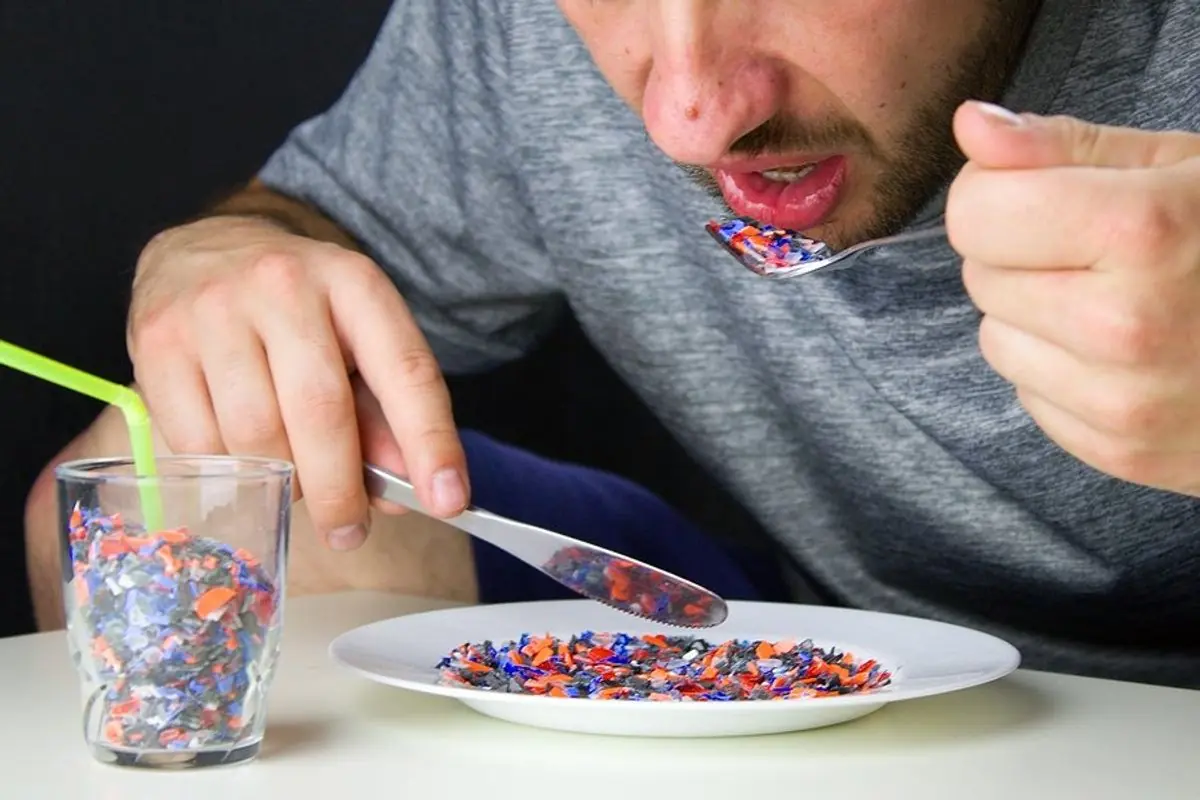
Food contains more than a thousand microplastic particles, 45 times more than bottled water
News Post
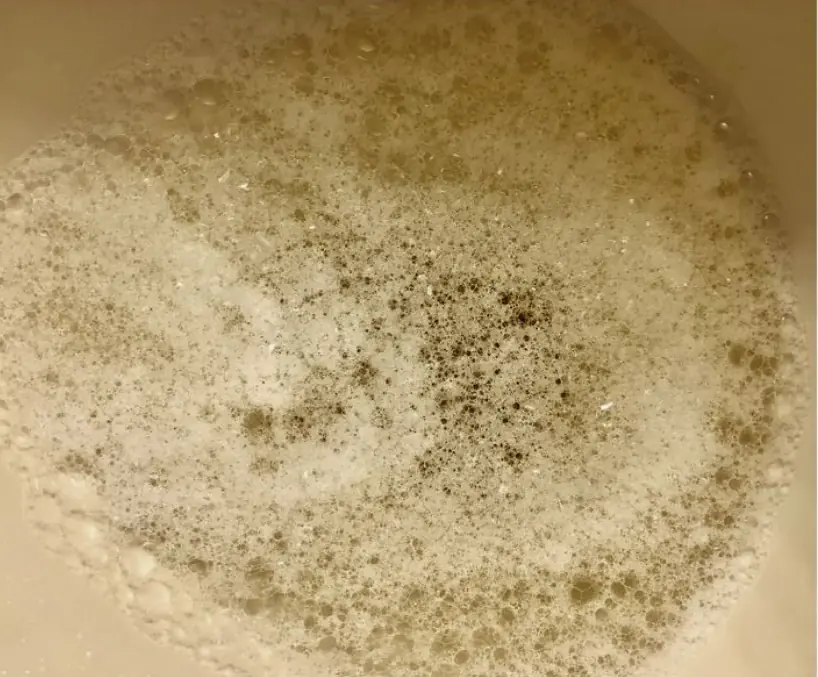
6 Bodily Changes That Are “SOS Signals” From Your Kid.neys Before Can.cer

Does Using Strong Fan Mode on the Air Conditioner Consume More Electricity?

Your Body Might Be Low on Zinc — Here Are 6 Signs to Watch For
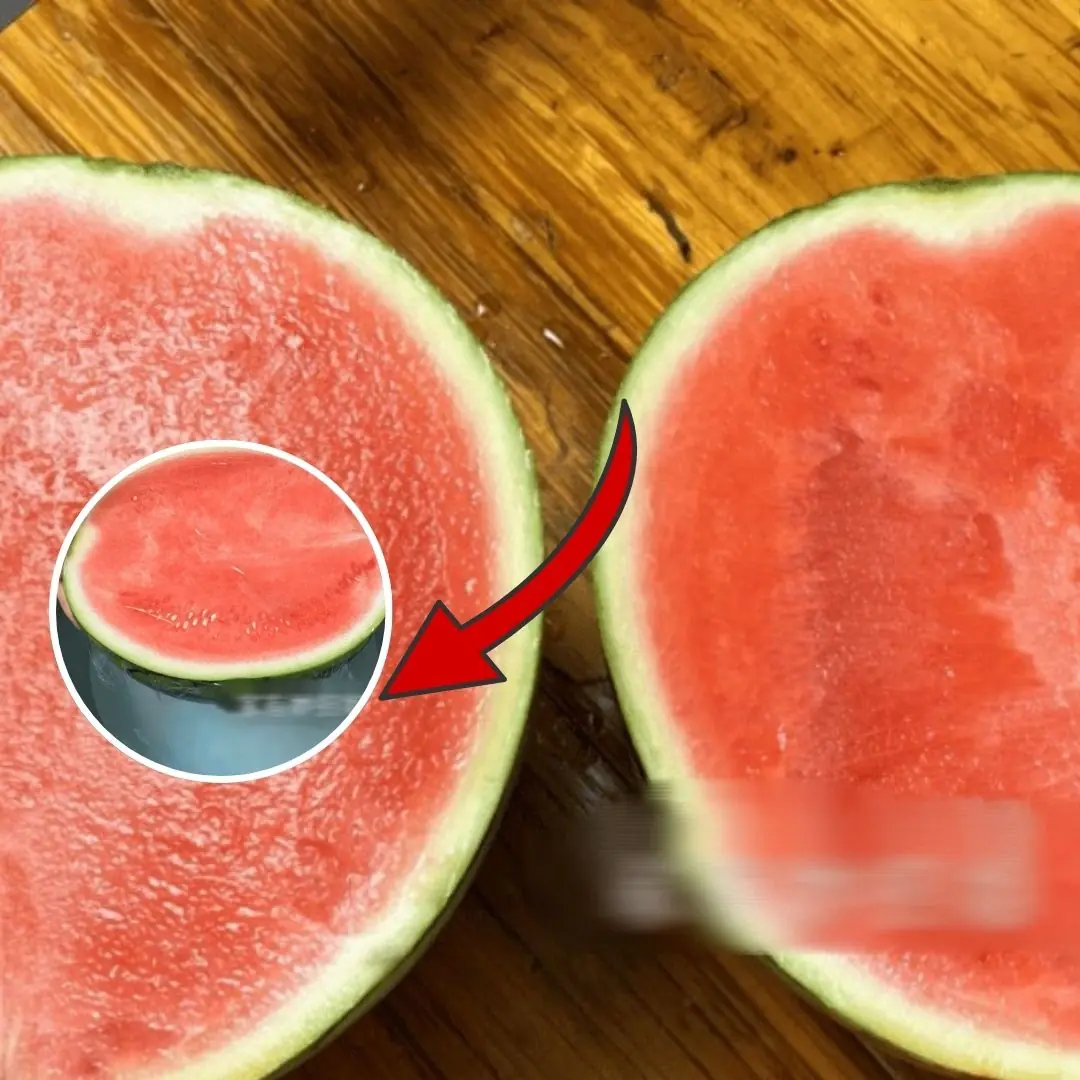
Leftover watermelon in the fridge is not necessarily safe – if not done properly, the risk of bacterial contamination is very high!

Woman gets brain infection after eating refrigerated watermelon

The Unpleasant Truth: 5 Familiar Items That You Think Are Clean But Are NOT, The Dirtiest Is Number 4 That Everyone Uses

Bread May Be Delicious, But These 5 Groups Should Limit It

The Surprising Benefits of Ginger Peel
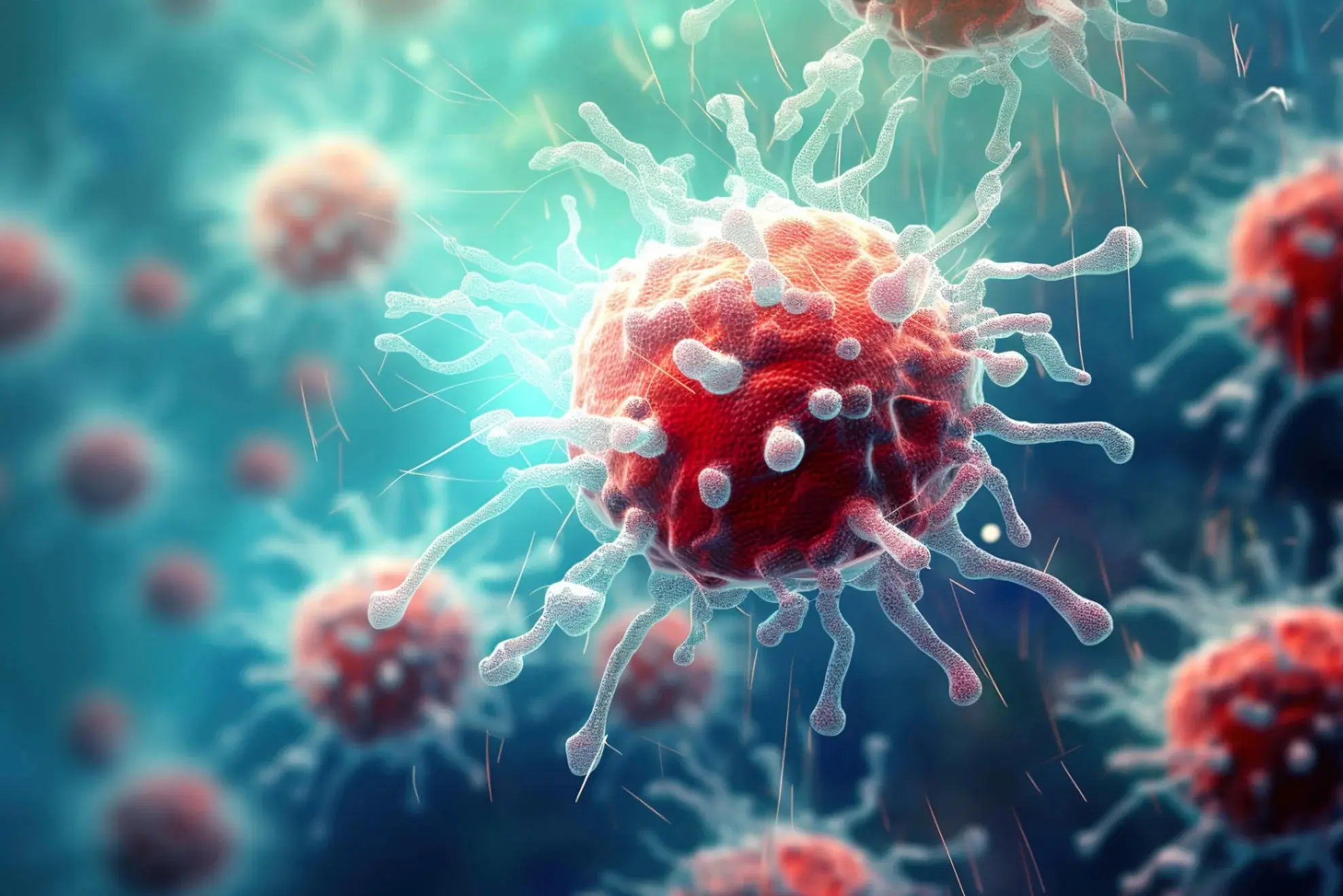
Identifying the “Switch” That Reduces Can.cer Cell Survival by 53%

Just 3 Minutes in the Morning: This Simple Test Can Reveal Hidden He.art Disease

Does mumps in men affect reproductive health?
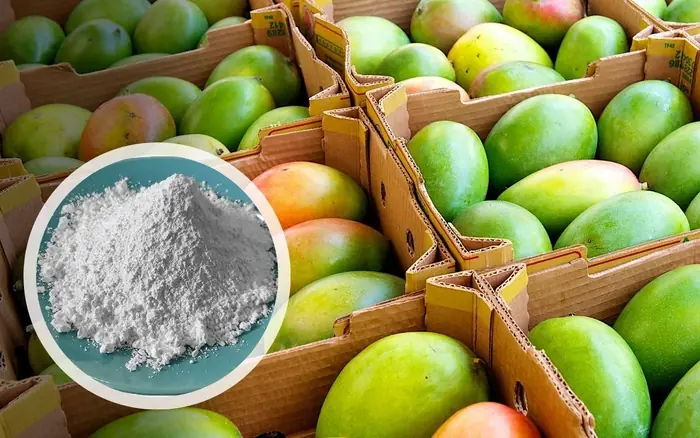
3 Types of Fruit Can.cer Cells “Love”

How to remove phlegm and mucus from chest and throat

Thy.roid Can.cer Is a Silent Threat: 6 Groups of People Are at Higher Risk and Must Be Cautious

Simple signs to immediately recognize leukemia that you may never notice

Warning: The Cup Many People Use to Drink Water Every Day Is No Different from “Drinking Poison”

Eat These 5 Foods to Cleanse and Detox Effectively Every Day

5 earliest signs of cer.vical can.cer: 90% of women tend to ignore them

Women Who Frequently Eat These 5 Foods May Be Harming Their Uterus and Feeding Cancer Cells Without Knowing It
